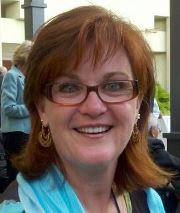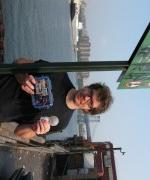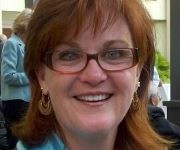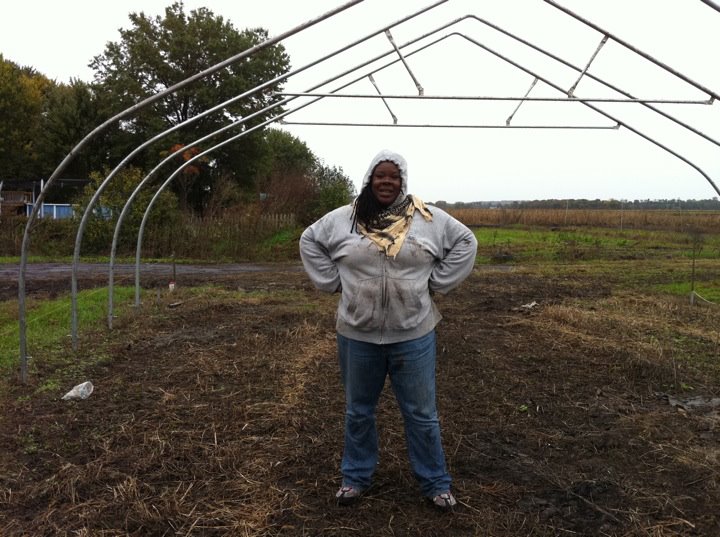Grist is proud to present the Change Gang — profiles of people who are leading change on the ground toward a more sustainable society and a greener planet. Some we’ve written about before; some are new to our pages. Some you’ll have heard of; most you probably won’t. Know someone we should add to the Change Gang? Tell us why.

The notion that there might be some connection between the mission of Planned Parenthood and the problem of pesticide overuse in agricultural communities might surprise some people. But for Traci Townsend, leader of Planned Parenthood’s Pajaro Valley Health Action Team in central California, the connection is clear and obvious. Pesticide exposure has been linked to birth defects: Therefore, mitigating its impact is a reproductive health issue.
“Planned Parenthood is about choice,” says Townsend, who has been working in one capacity or another for the organization since 1985. “And if a woman chooses to have a pregnancy, our position is she deserves to have the healthiest pregnancy possible. Environmental health just seems to us to be the next logical step to ensuring that women have the best birth outcomes they can possibly have.”
Born in Oakland, Calif., Townsend describes herself as the quintessential “navy brat.” She spent her high school years in Okinawa and first started volunteering for Planned Parenthood while living in Philadelphia. She now makes her home in Carmel Valley, surrounded by walnut orchards and cattle country. It’s safe to say she’s gone native — immersing herself in the agricultural lifeblood of her region.
For the better part of three years, Townsend has been meeting with farmworkers, pesticide regulators, agribusiness representatives, activists, academics, and elected officials to craft a policy approach that will limit the negative fallout from pesticide exposure. The first step: coming up with a risk assessment plan to determine whether women who are planning to have a baby are in danger — something that unfortunately turns out much more often than not to be the case for residents of the Salinas and Pajaro valleys in Santa Cruz and Monterey counties.
The next step: giving at-risk mothers practical information on how to reduce pesticide exposure. In a perfect world, says Townsend, “we have got to figure out how to economically support large-scale agriculture in a way that feeds the most number of people with the least amount of pesticides.” But in the short term, drastically changing the mode of operation for agribusiness would be economically devastating to exactly the people Townsend is trying to help.
“If we banned pesticides tomorrow, half of our clients would be unemployed,” says Townsend. “In public health we kind of take things where they are. So if pesticides aren’t going away, let’s do what we can to protect ourselves against them.”
Which means that the help handed out by Planned Parenthood health centers is resolutely pragmatic: “Simple things like wearing coveralls and gloves can significantly reduce the amount of pesticide residue left on the person if the gloves and jump suits are taken off at the work sites. Washing one’s clothes separately from those of the rest of the family, wiping down hard surfaces in the home like floors and countertops before preparing food, etc.”
“People respond well to that kind of information,” says Townsend, “because it makes people feel like they do have some control.”
The brutal truth “is that our ability to detect levels of residues that metabolize in the blood far outstrips our medical ability to do anything about what we find. So rather than spend the time and money to do that level of testing, we decided to just treat it like a risk reduction effort and give people simple tools that they can use in the home.”
Townsend acknowledges that she is something of a “lightning rod” because she embodies two things conservatives love to hate — environmental regulation and Planned Parenthood. But she can’t imagine doing anything more personally gratifying than working on behalf of the people who perform backbreaking labor to pick the food that she eats.
“We have a health center here that is doing these very simple, but still very cutting-edge risk assessments of the residents of our community, to help them have healthier babies. It just doesn’t get much better than that.”



